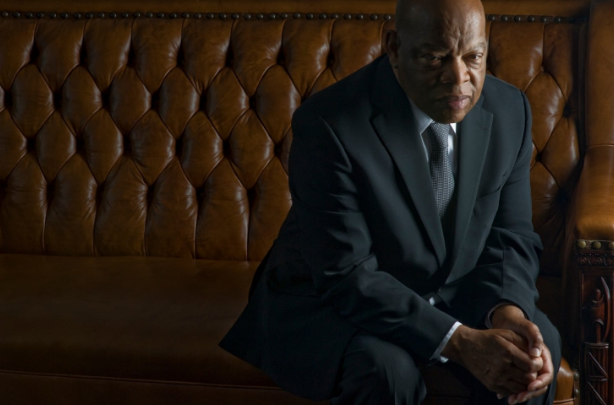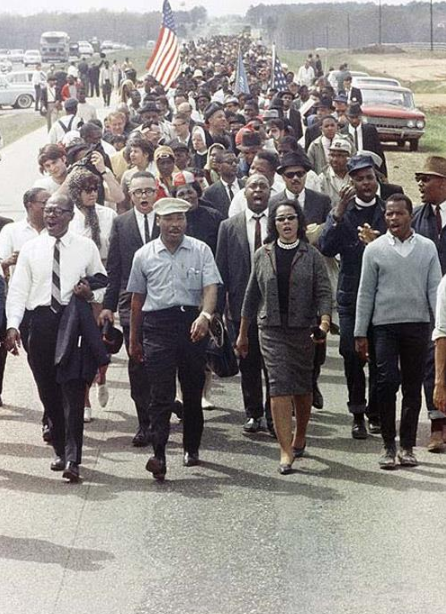|
John Lewis, the last survivor of the ‘Big Six’ Activists who organized the historic 1963 March on Washington, died at the age of 80 from advanced pancreatic cancer this past Friday. After announcing his diagnosis in December 2019, Lewis said in a statement at that time, “I have been in some kind of fight for freedom, equality, basic human rights - for nearly my entire lifetime. I have never faced a fight quite like the one I have now.”
In the early years, Lewis led a movement and risked his life for the fundamental rights of others. At 23, he was one of the founders and chair of the Student Nonviolent Coordinating Committee (SNCC). Formed in 1960, the student-based organization organized ‘sit-ins’ and other projects and strategies to promote the civil rights movement. Lewis was the youngest of the six leaders that marched in Washington in 1963. He gave a speech prior to Rev. Martin Luther King, Jr.’s “I have a dream” speech that he later said, would never be remembered. Two years later, he led a group of 600 protesters over the Selma Edmund Pettus Bridge for a 50 mile march from Selma to Montgomery, Alabama. This was the march that changed the hearts and minds of many Americans. It was this march, across the Selma Edmund Pettus Bridge, that ended the protest before it had a chance to begin. Peaceful protesters encouraging civil rights for all were met by police carrying truncheons, shooting tear gas, and charging on horseback that sent many to the hospital. This televised atrocity burned into the minds of the American people all watching in horror. This assault, known as ‘Bloody Sunday’ is still a vivid memory to many today. After such brutality, Washington leaders were spurred to pass the 1965 Voting Rights Act, a landmark piece of legislation that prohibited racial discrimination in voting. It was signed into law, August 6, 1965 by President Lyndon Johnson. In 1977, President Jimmy Carter appointed Lewis to lead ACTION, a federal volunteer agency. In 1981, he was elected to the Atlanta City Council and in 1986 won a seat in Congress. For nearly three decades, Lewis represented the city of Atlanta and continued the ‘good fight’ for racial equality. The congressman, described by many as a humbled man, was a quiet force in the background of the democratic party. He would fight the ‘good fight’ while a U.S. House of Representative but didn’t always accomplish what he’d hoped. In 2006, he attempted to revive the Voting Rights Act. He believed that voter discrimination still existed and wanted change. In a statement to Congress in 2006, he said, “After all, it was during the middle of the last census, that the Georgia State Legislature authorized a redistricting plan that severely diluted the power of the African American vote. It was Georgia that developed the modern day poll-tax, as one federal judge called it, that disenfranchised rural voters, the elderly, the disabled, student’s and other minorities who have no government photo ID.” Another ‘good fight’ led by Lewis was the Trump administration’s handling of immigrant families. He strongly believed that immigrant children should be returned to their families. During this time he referenced, ‘good trouble’. He said he would march at the border if necessary for the rights of the children and their families. As the nation mourns the loss of a beloved man, there’s been no further word on Lewis’ passing. Plans for his funeral haven’t been made public. It’s believed that due to the coronavirus, there’s a need for more planning and preparation. In closing, these words by Lewis will be fondly remembered, “Never, ever be afraid to make some noise and get in ‘good trouble,’ necessary trouble.
0 Comments
Leave a Reply. |
Written by
|


 RSS Feed
RSS Feed